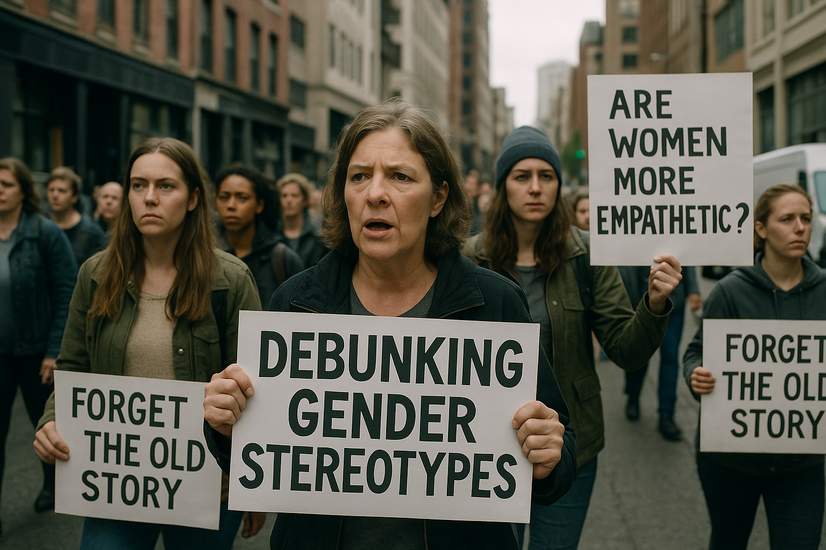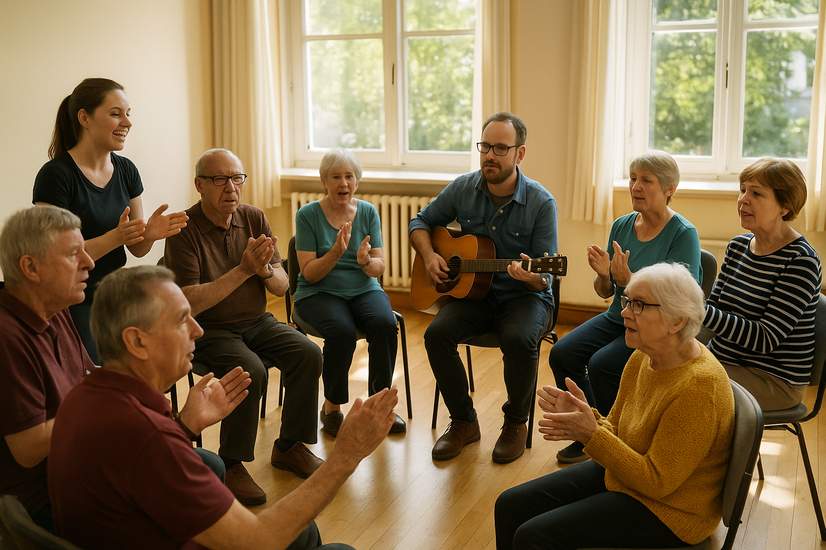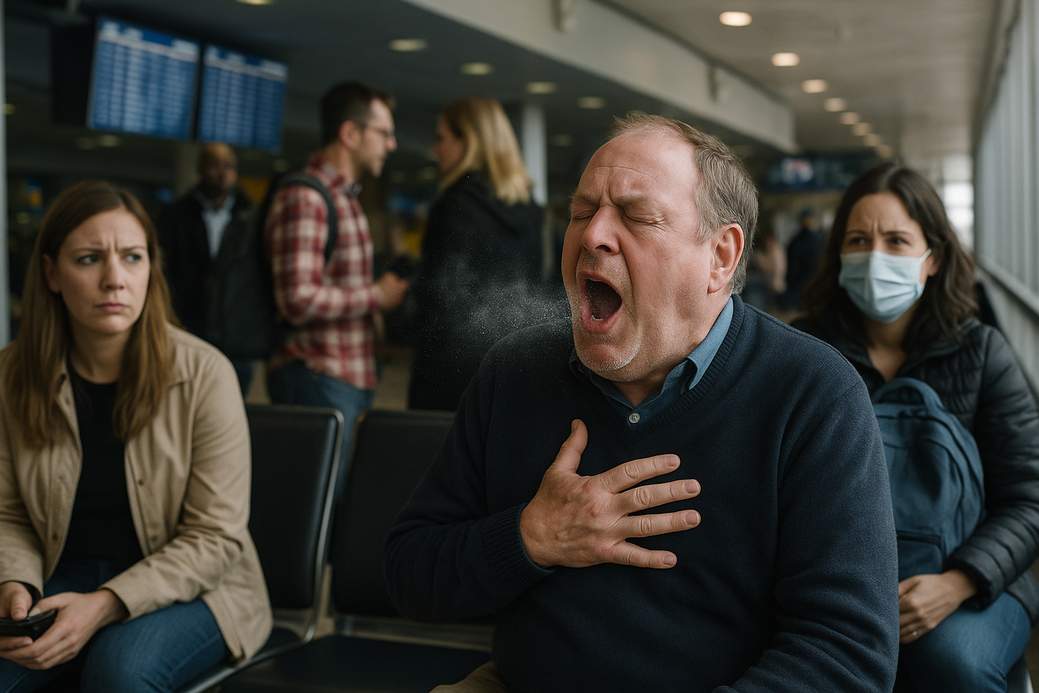Quick snapshot
Adult ADHD services in many parts of England are struggling so badly that some are simply not taking new patients. Think long waiting lists, tightened rules about who gets seen, and a few creative pilots trying to plug the gaps. This is a roundup of what’s going wrong, who’s affected, and what might help.
What’s going on?
Across England, specialist ADHD services for adults are under pressure. Some areas have closed their waiting lists to new referrals, while others have brought in stricter eligibility rules (age limits, severity thresholds, etc.). The result: lots of people who need help are stuck in limbo or forced to look for private alternatives.
How big is the problem?
Estimates suggest ADHD affects around 5% of children and about 3–4% of adults. Getting a diagnosis and treatment — whether that’s medication, therapy, or practical support — can be life-changing. Yet average waits can stretch for years once someone is on a list, and several services have effectively paused taking on new cases.
Examples and local quirks
Some services have completely halted referrals for adults in parts of the country; others have added exclusions that make it much harder to qualify. A handful of areas only accept specific age groups, and at least one region has faced legal challenges over restricting assessments to younger adults. Meanwhile, some regions offer a ‘right to choose’ so patients can try another local NHS service or seek private support — if they can afford it or navigate the maze.
Real people, real headaches
Take Louise, a 45-year-old who suspects she has ADHD. Struggles at school and work left her constantly frustrated. She was on a neighbouring trust’s waiting list for two years, only to be removed when that service stopped assessing people who live outside its area. Now she’s back at square one, hoping for support so she can work part time and be more part of her community.
Why this is risky
Experts warn this isn’t just about bureaucratic annoyance — untreated ADHD can cascade into much bigger problems. Poorly managed ADHD is linked with higher rates of mental health issues, substance misuse, unemployment, and run-ins with the criminal justice system. Clinicians describe the situation as the result of historic underinvestment and rising demand outpacing available resources.
Success stories — when it works
People who do get assessed and treated often say it changes everything. One patient described the diagnosis as lifting a cloud — medication and targeted support helped them stop cycling through antidepressants and finally make sense of long-standing problems. But getting to that point sometimes means paying privately, jumping through hoops, or sitting on long NHS lists.
Patches, pilots and possible fixes
There are sparks of innovation. For example, a service piloted training private GPs to carry out assessments and basic follow-ups to try to shorten NHS waiting lists. Taskforce recommendations include better cross-sector working (health, education, criminal justice), training for frontline staff like GPs and pharmacists, and a reshaped model so community services can do more rather than specialist services holding all the responsibility.
What you can do right now
If you’re waiting for assessment or support: ask your GP about local options, check whether you can use your right to choose another NHS provider, and explore whether local pilots or community services are available. Private assessment is another route, though it can be costly and may need NHS confirmation in some areas.
Final thought
In short: demand for adult ADHD services in England has rocketed, and the system hasn’t kept pace. People deserve quicker, fairer access — and while some clever pilots exist, bigger policy and training changes are needed so ADHD support isn’t a postcode lottery.
Resources
For more information and support, look up local NHS ADHD advice and national helplines such as the BBC Action Line (no links provided here).















